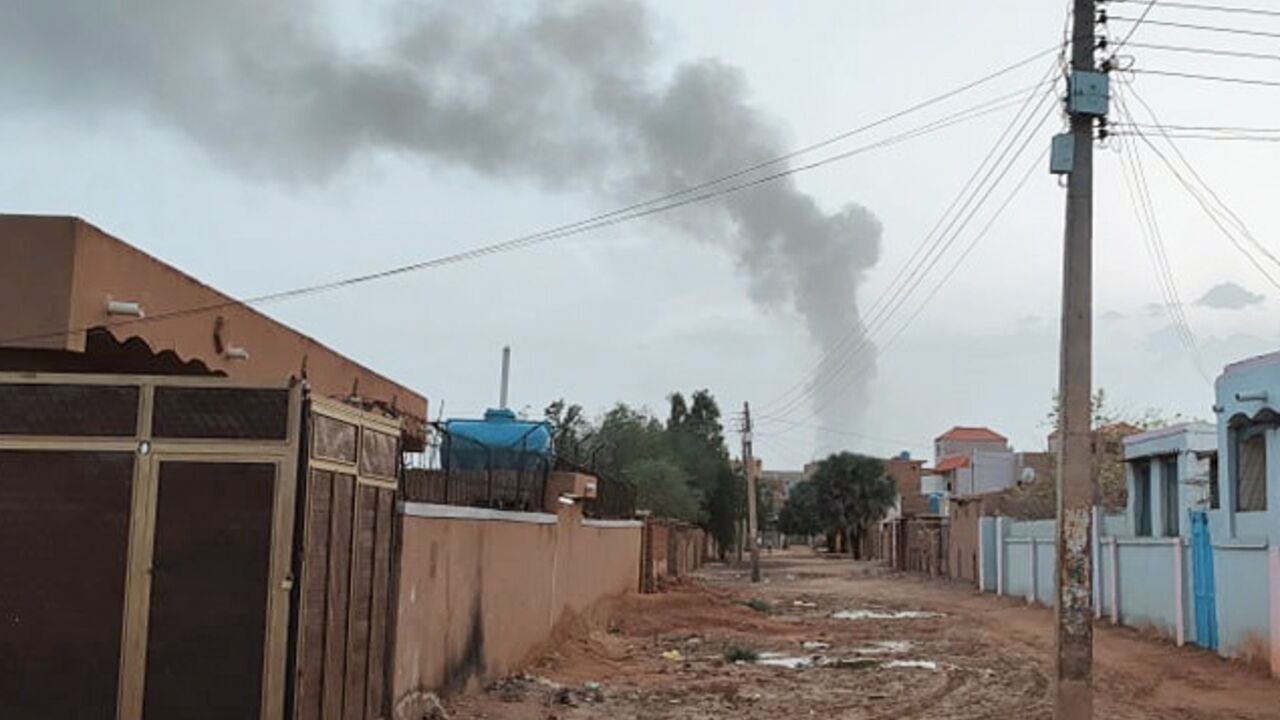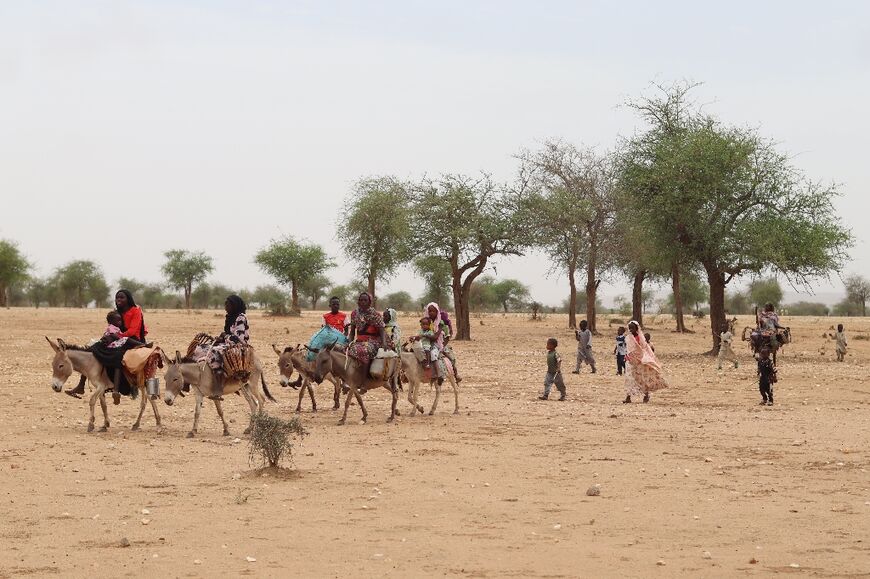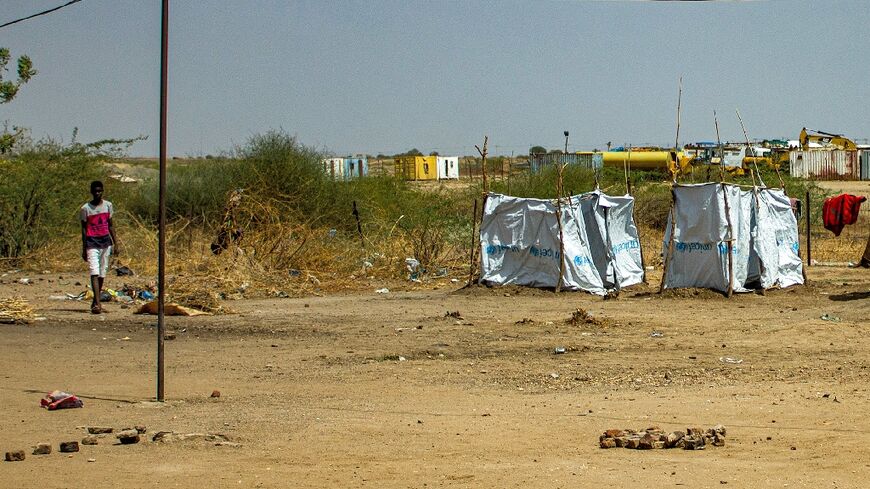With millions in need, Saudi announces Sudan aid funding conference

Saudi Arabia on Tuesday announced an international conference next week to gather aid pledges for war-ravaged Sudan, where the United Nations says more than half the population urgently needs assistance and protection.
Many of them are in Sudan's Darfur region, where attacks against civilians could amount to crimes against humanity, the UN's head of mission said.
The pledging conference will be held on June 19, the official Saudi Press Agency said. It cited the foreign ministry and added that the kingdom would jointly lead the meeting with Qatar, Egypt, Germany and the European Union, as well as UN agencies.
Saudi Arabia and the United States have been mediating in the eight-week war between Sudanese army chief Abdel Fattah al-Burhan and his former deputy Mohamed Hamdan Daglo, known as Hemeti, who leads the paramilitary Rapid Support Forces.
A record 25 million people -- more than half the population -- are in need of aid and protection, according to the UN, but as of late May, the world body's needs for $2.6 million to address the crisis were only 13 percent funded.
Entire districts of Khartoum no longer have running water, electricity is only available for a few hours a week, most hospitals in combat zones are not functioning, and aid facilities have been looted.
The country's western Darfur region has also been a centre of the fighting. Darfur governor Mini Minawi, a former rebel leader now close to the army, in early June declared Darfur a "disaster zone" and appealed for help from the international community.
In May, the warring sides signed a written agreement for a Saudi and US-brokered week-long ceasefire, later extended by five days, that aimed to provide safe humanitarian corridors. These did not materialise.
Sudan's annual rainy season begins in June, and medics have repeatedly warned that it threatens to make parts of country inaccessible, while raising the risks of malaria, cholera and water-borne diseases.
More than 1,800 people have been killed since battles began, according to the Armed Conflict Location and Event Data Project (ACLED).
Fighting has forced nearly two million people from their homes, including 476,000 who have sought refuge in neighbouring countries, the UN says.
- 'Attacks against civilians' -
On June 1 the United States imposed sanctions on the two warring groups, but fighting has continued, including in Khartoum on Tuesday where witnesses reported artillery strikes in the north of the capital and its suburbs.
The head of the UN mission in Sudan, Volker Perthes, on Tuesday said the situation in Darfur "continues to deteriorate", with "an emerging pattern of large-scale targeted attacks against civilians based on their ethnic identities, allegedly committed by Arab militias and some armed men" in RSF uniform.
If these reports are verified they "could amount to crimes against humanity", said Perthes.
Daglo's RSF are descended from the Janjaweed militias which former strongman Omar al-Bashir unleashed in the region after a rebellion began in 2003.
The bloodshed led to international charges of genocide, crimes against humanity and war crimes against Bashir and others.
Also Tuesday, a government official said Sudan's army chief is not ready to meet Daglo, after a regional bloc proposed a face-to-face encounter between the two.
At a summit held in Djibouti on Monday, the East African Inter-Governmental Authority on Development (IGAD) announced it would expand the number of countries tasked with resolving the crisis, with Kenya chairing a quartet including Ethiopia, Somalia and South Sudan.
A draft communique of the IGAD meeting released by the office of Kenyan President William Ruto said the quartet leaders would "arrange (a) face-to-face meeting between (Burhan and Daglo)... in one of the regional capitals."
The Sudanese government official, not authorised to speak to the media, told AFP that, "in the current circumstances Burhan will not sit at the same table as Hemeti."






